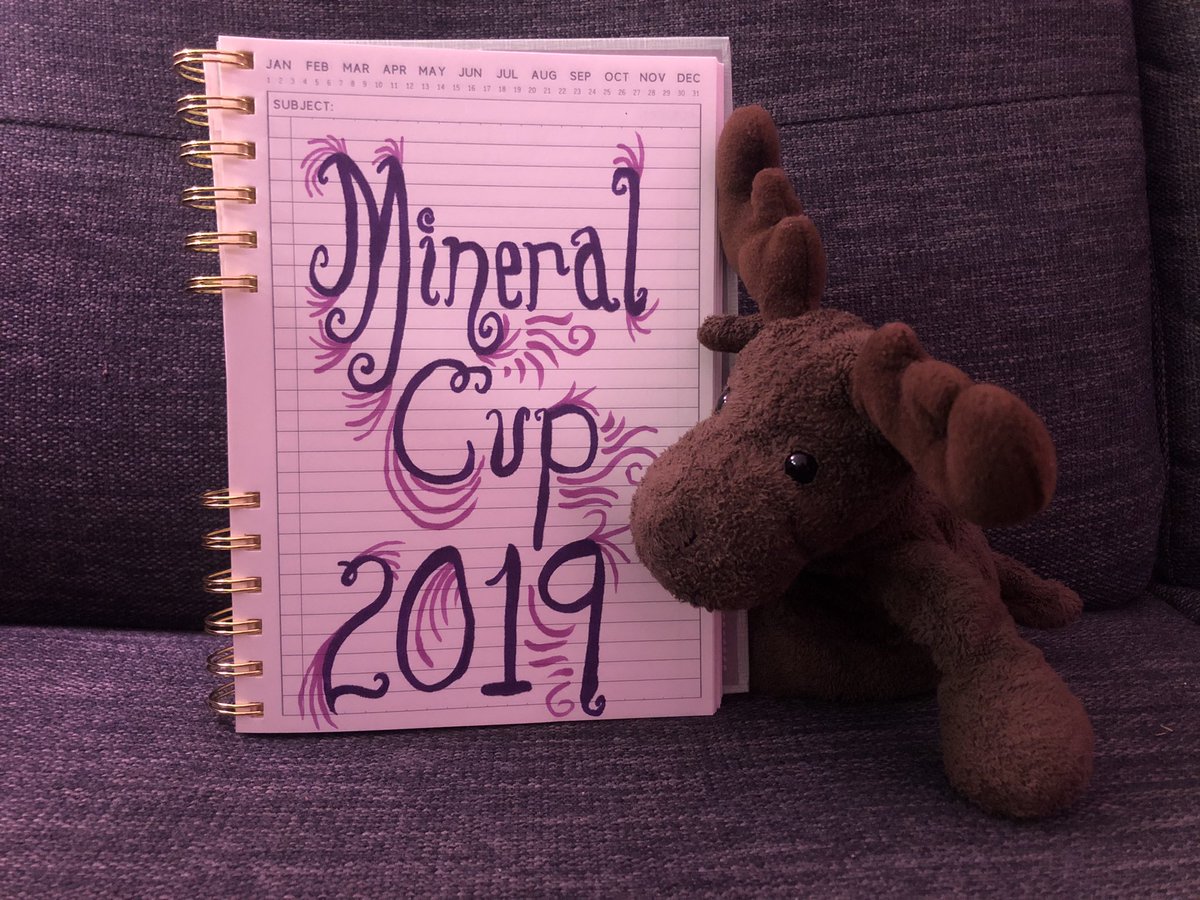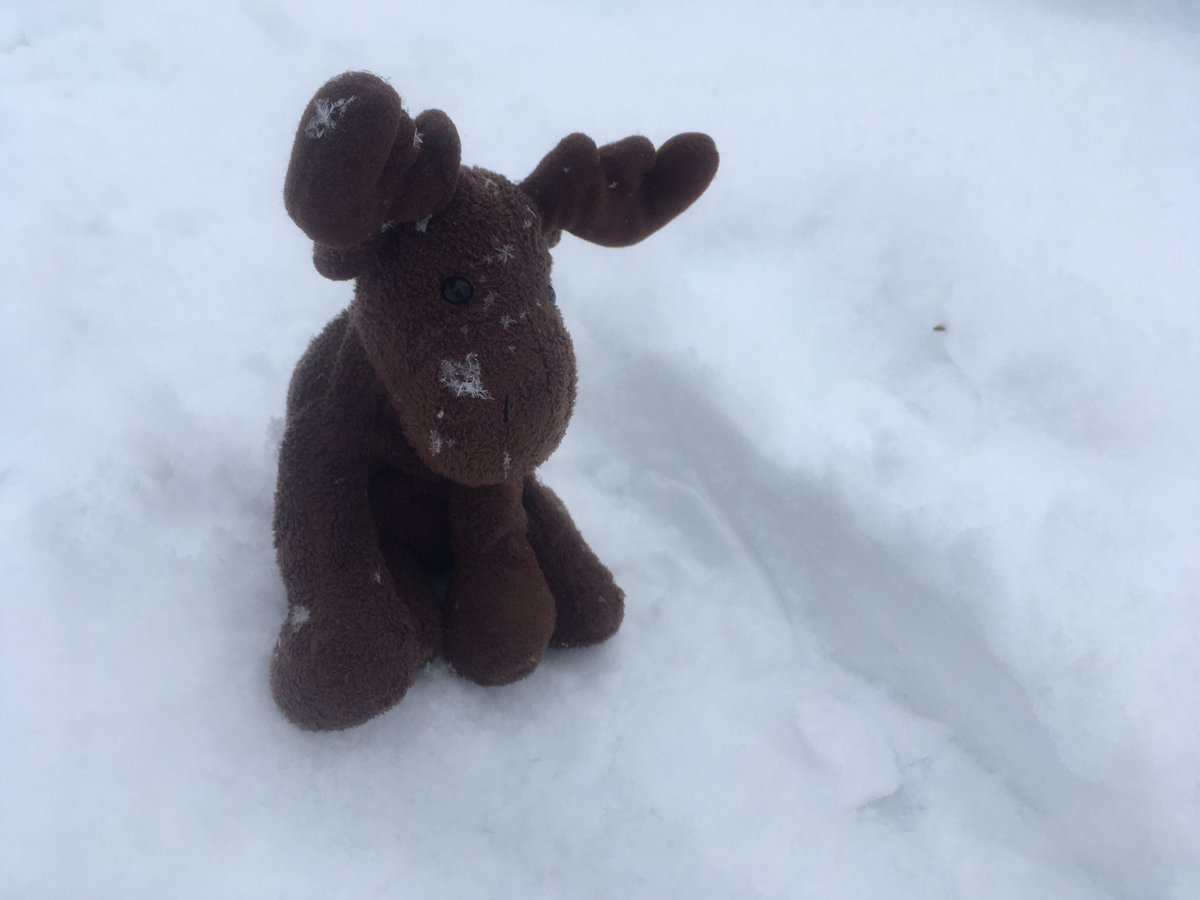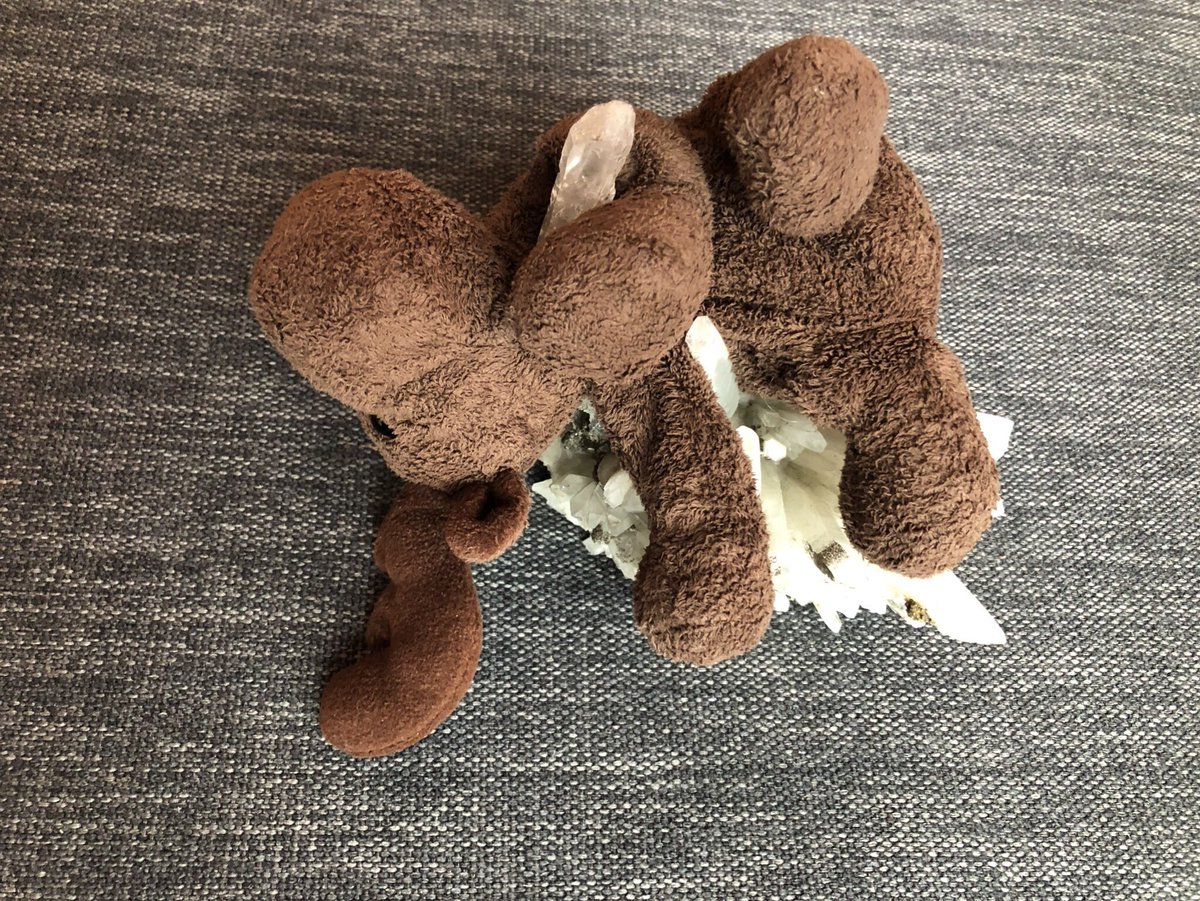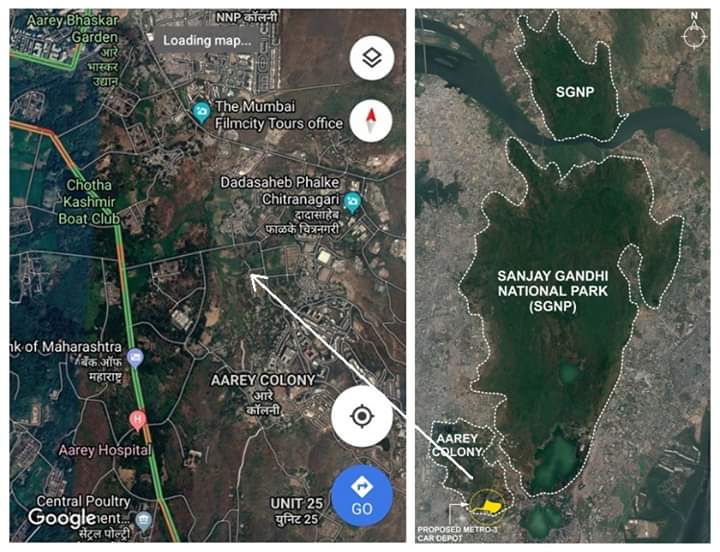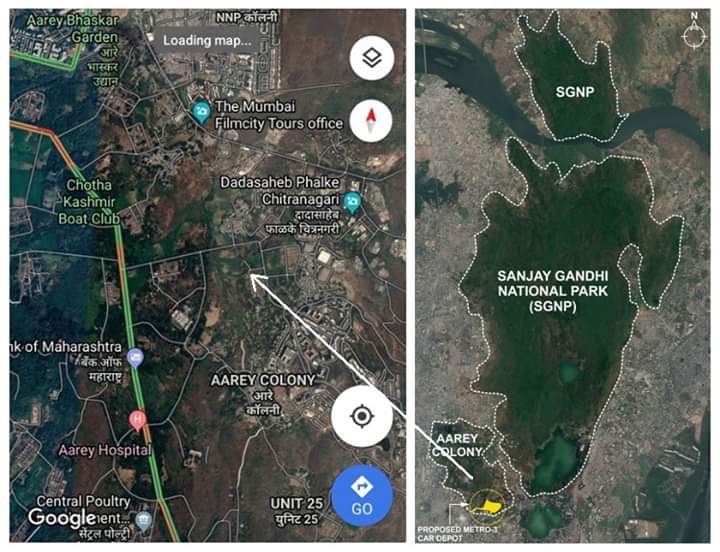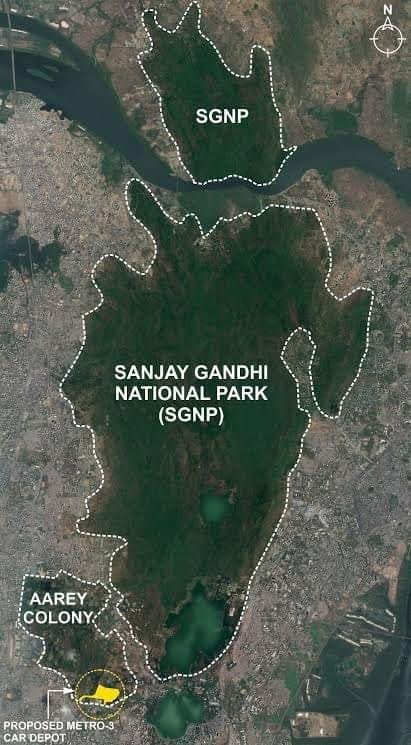This.
This is why.
Details: timesofindia.indiatimes.com/city/raipur/ri…
(Thank you @sandygrains for helping me navigate Indian geoscience news coverage!)
A: Rivers are inherently dynamic systems. They’re ALWAYS changing course unless you’ve heavily engineered structures to lock them in position (which has a LOT of secondary impacts).
Discharge is how much water is flowing in the river.
Sediment load is how much & what type of sediments are carried, including how it’s transported (& if it’s eroded/deposited).
But it also changes from engineering (deliberate or accidental), land use, landslides, & more within the watershed.
Big hole in the ground + overly-full river = epic waterfall
Soft sediments + powerful flow = rapid erosion
A: Depends how much the coal mine is worth & what local environmental regulations are, but likely a variant of “Wait for low discharge, reroute the river, & pump until it’s dry-ish.”
Did someone fuck up?
How predictable was this event? What monitoring was in place? Was it part of the risk assessments? Why or why not? How rare was this rainfall event? How dynamic is the history of this particular river? Who made what decisions & why?
Some of my students will specialize in geological engineering, but most of them need to learn enough to understand when & how to bring in experts, and how to use those consultants to make good decisions.
But the real objective?
Keeping my students from accidentally killing someone someday.
They’ll get sued. They’ll make mistakes. It happens. But I don’t want deaths on their hands.
We don’t talk geo AT ALL.
It’s entirely how to be ethical professionals hammering home the importance of getting the right data, taking responsibility for decisions, & diligent documentation.

